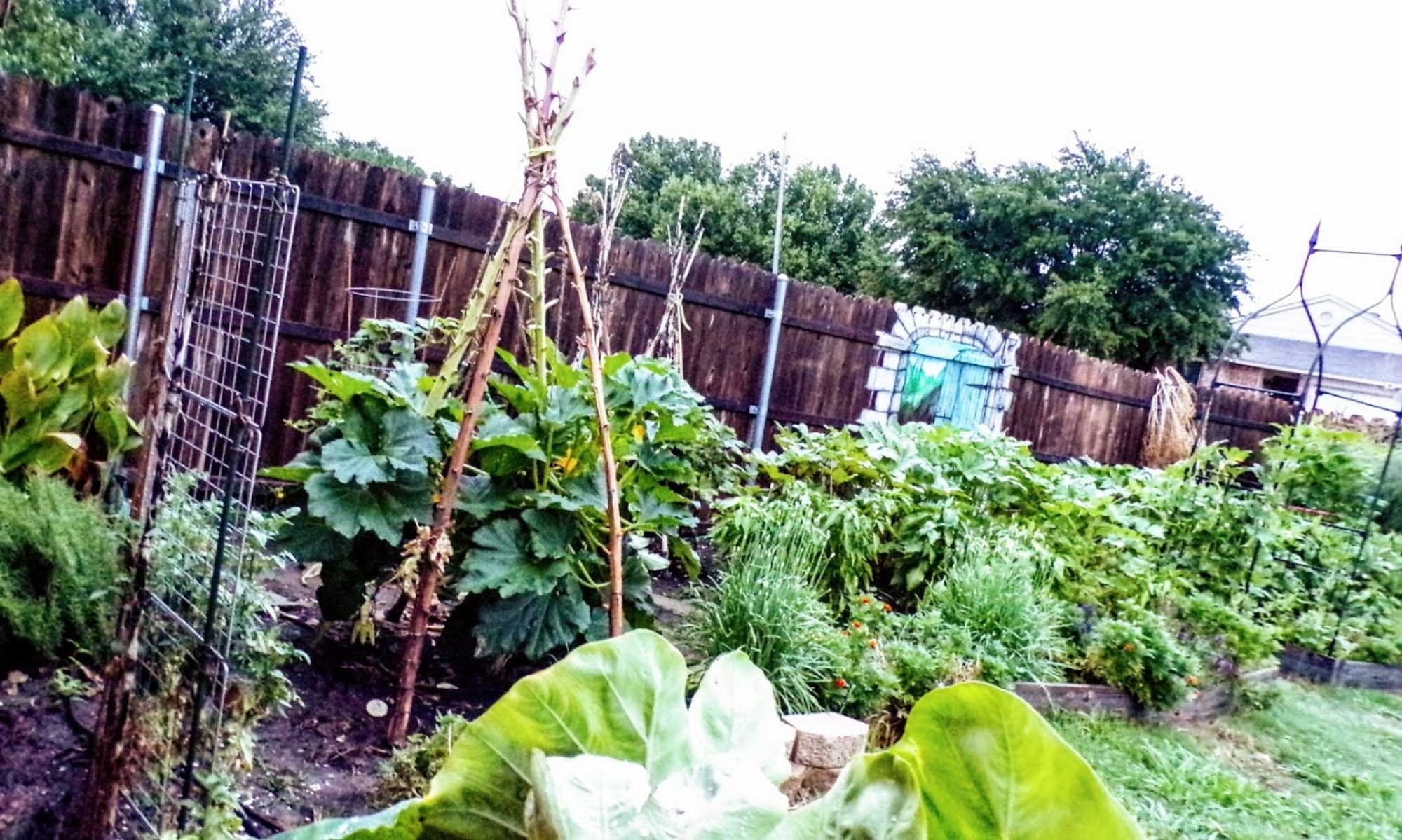There are so many reasons why growing rosemary is essential in a garden, the simplest being that once established, rosemary is an easy to grow, extremely good smelling and edible shrub! Rosemary can grow up to several feet in height and can be hedged to fill hard to grow spots, tall background borders and rustic areas in gardens. It’s the perfect sun lover and is listed by the Farmers Almanac as a perennial in US zones 7 and up. Throw in all of the edible and medicinal values of rosemary and it’s easy to understand why growing rosemary is an essential herb.

Growing Rosemary from Seed
There are a few ways to start rosemary plants; one can use seeds, cuttings or established plants from a nursery or garden center. Although rosemary is a super strong, hardy and vigorous plant once established, starting from seed is actually the more difficult way to acquire one’s plants. Therefore, we shall start with seeds first.
-
- It’s recommended to start rosemary seeds indoors or in a greenhouse a good 90 to 120 days before planting outside.
- Use small seed starter pots made from coconut husk soil or a good organic potting mix. Moisten the pods or soil mixed planters with water.
- Ensure the top layer is moist but not drowning. Shake the tiny rosemary seeds across the top of the soil surface.
- Rosemary is open air germinated so take care to not cover he seeds with soil. Simply press them on the soil gently and spray again with water to moisten the seeds. A quart water spray mister bottle is perfect for this stage of plant growth.
- Place moistened seeds in a warm bright window, greenhouse or lighted tent. Spray or mist with water daily ensuring seeds have a moist spot to germinate.
Once the babies reach about an inch tall, pot them up. Use large enough pots to ensure the roots are not disturbed and will enable the plants to grow a minimum of 90 days before they are migrated outdoors.

Weather and Soil
When migrating rosemary, consider the following:
-
- Rosemary needs dry hot areas and once established to be left alone! Just come back every now and then for water and a good cut!
- Rosemary grows best in sandy loam soil. Clay ridden soil will be an issue as it holds water making it conducive to root rot. When faced with clay soil one will need to either modify the soil, move rosemary to another location, or consider them permanently potted.

Companion Plants
Companion planting is the process of joining plants in a way that enhances their natural abilities to thrive. Some of the best plants to grow with rosemary include:
-
- Brassicas: Rosemary is a friend to brassica plants as its smell can confuse their predators . Therefore, always plant rosemary near cabbage, cauliflower, broccoli, kale, Brussels, and any other plants in this wonderful family.
- Other plants that benefit when paired Rosemary include:
- Lavender, Thyme, Sage, Marigolds, Marjoram, Strawberries, Sunflowers, Rudbeckia
Cautionary plant combinations
Plant groupings one should avoid if possible; or, if necessary plan ahead ways to manage the challenges ensuring both plants thrive.
-
-
-
- Mint: Mint needs shady moist spots; rosemary needs sunny dry spots. Right off the bat they do not get along.
- Basil: Basil loves the sun!! Yea! So why not basil and rosemary? Water of course. Basil loves the sun; yet, needs a consistently moist bed. Rosemary, yep.. must have dry soil!
- Other plants with the same conflicts include:Cucumbers, zinnias, tomatoes and any plant that loves moist hot conditions.
- Squash: Why? Powdery mildew. Squash and pumpkins or other plants in the squash family have a tendency for powdery mildew. Rosemary, although resistant to bugs, is prone to powdery mildew. Planting them together promotes situations where one or the other plants are consistently passing it back and forth.
-
-
Next in works on this series
-
- Growing rosemary from cuttings
Shop Oma’s Favorites

-
- Western Chief is my go to place for Garden boots and shoes. So comfortable from home to garden for work and play! Use oma20 at checkout for 20% off!
-
- I absolutely adore Vego Garden from their bags to their raised beds!
-
- Visit Digz Gardening for comfortable, strong and cute gardening gloves!

![]()


You must be logged in to post a comment.